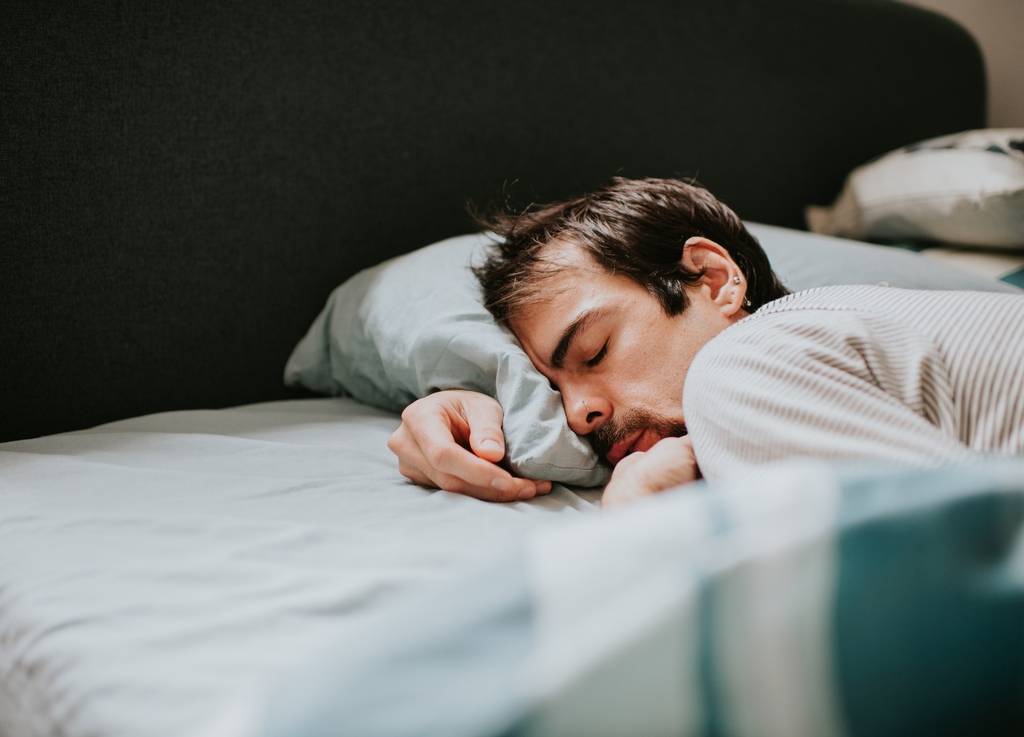
GettyImages 2162940962
Dr. Eri Berg, a former doctor turned online health expert, battled insomnia for over ten years before dedicating his efforts to uncovering the underlying causes of sleep issues.
In a recent YouTube video, he shared insights into why you may be waking up between 2 AM and 3 AM and offered solutions for achieving a full night’s rest.
Dr. Berg explains that the body operates on a Circadian Rhythm, which governs the release of cortisol, the stress hormone responsible for regulating sleep.
“What’s significant about 2:00 AM is its connection to the Circadian Rhythm and cortisol levels,” he says.
Ideally, cortisol should be at its lowest point at 2:00 AM and peak around 8:00 AM.
If you find yourself waking up during the night, your body may not be following its natural rhythm, causing cortisol levels to rise when they should be at their lowest.
Dr. Berg, who personally struggled with this issue, shared, “I was most alert at 2:00 AM and felt the most exhausted at 8:00 AM.”
So, what could be causing this nighttime cortisol spike?
A key factor might be a magnesium deficiency.
Dr. Berg explains, “A lack of magnesium can cause your cortisol levels to rise.”
Signs of magnesium deficiency include muscle tightness in areas like the upper and lower back, or foot cramps when pointing your toes. Other symptoms may include muscle twitches (especially around the eyes or arms) or cramps in various parts of the body.
To address this issue, Dr. Berg recommends taking magnesium glycinate, but he advises consulting with a healthcare professional before adding any supplements to your routine.
Another common reason for waking up at the same time each night is low blood sugar.
Dr. Berg cautions that a diet high in carbohydrates can lead to blood sugar spikes, and when blood sugar drops too low during the night, the body releases cortisol to compensate, which can disturb your sleep.
“Eating a lot of carbohydrates and starches can also contribute to a magnesium deficiency,” he explains.
If your diet includes excessive sugar, carbs, MSG, alcohol, or late-night snacking, you could be unknowingly disrupting your sleep cycle.
Even consuming too much protein late at night can interfere with sleep.
To prevent this, Dr. Berg recommends having your last meal in the late afternoon whenever possible.
Do you often get sudden cravings for salty snacks like chips?
Dr. Berg suggests that this could be a sign that your body needs more sodium.
“Sodium helps lower cortisol,” he explains.
Rather than reaching for processed salty snacks, Dr. Berg recommends adding more sea salt to your meals throughout the day to help regulate your cortisol levels naturally.
He also highlighted several common habits that can disrupt sleep and lead to waking up in the middle of the night:
- Watching Suspenseful or Action-Packed Movies – Try opting for something more boring instead.
- Exposure to Blue Light (Phones, TVs, Tablets) – Blue light inhibits melatonin, the hormone responsible for helping you relax and fall asleep.
- Consuming Alcohol or Medications Before Bed – Your liver detoxifies between 1:00 and 3:00 AM, so any alcohol or medication in your system can interfere with your sleep cycle.
If you’re having trouble staying asleep, Dr. Berg suggests the following natural solutions:
- Get More Sunlight During the Day – Sun exposure helps boost melatonin production, which makes it easier to fall asleep at night.
- Try Candlelight or Firelight Before Bed – The soft, warm glow signals to your body that it’s time to wind down.
- Regular Exercise – Staying active throughout the day helps tire your body out, making it easier to sleep through the night.
- Read a Book – A relaxing, low-stimulation activity like reading can help you drift back to sleep if you wake up during the night.
By incorporating these steps into your routine, you may avoid those sudden wake-ups and enjoy more restful sleep!







